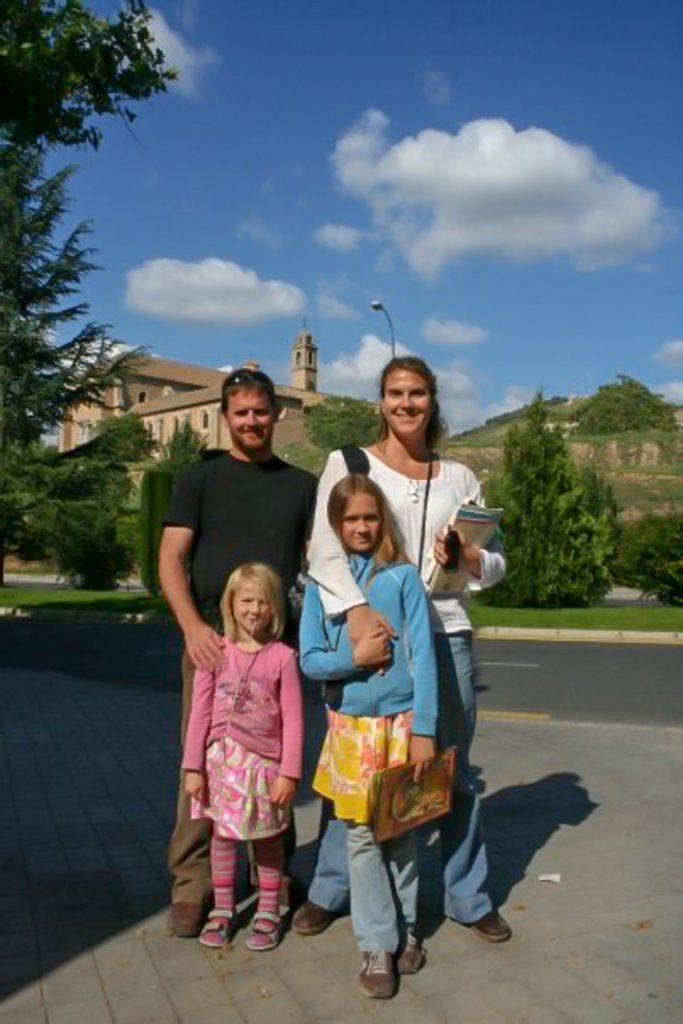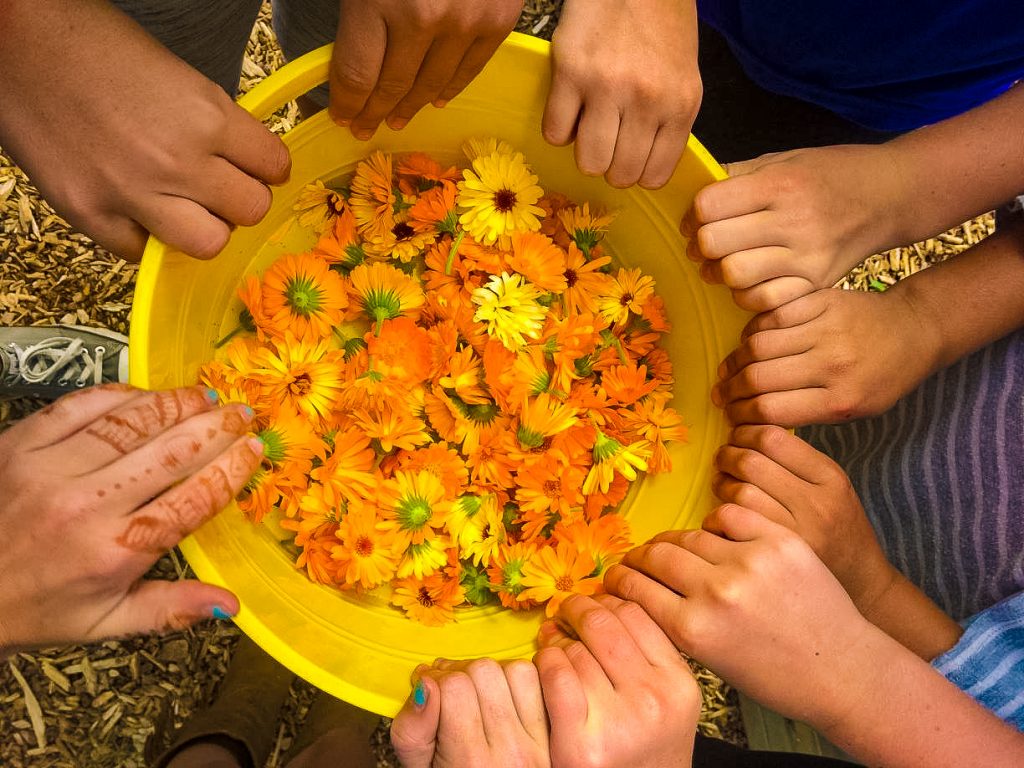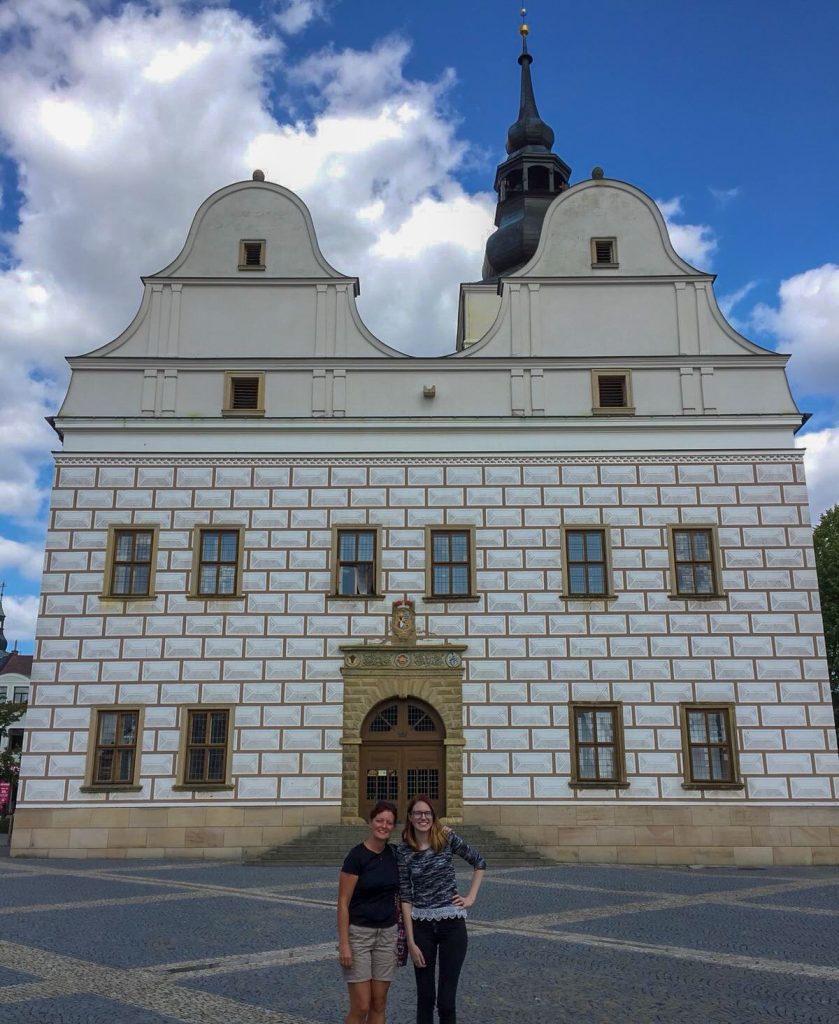Fulbright for Posterity: The Ripple Effects of Fulbright on Rural America
by Niecea Freeman, English Teaching Assistant at the Agriculture and Veterinary High School in Lanskroun, Czech Republic
 |
| Megan Meschery and her family in Spain, 2008 |
In 2008, Megan left for a Fulbright grant in Granada, Spain, where she examined how rural economic development funding provided by the European Union reduced inequalities in public schools regardless of geographic location. She sought to find parallels and lessons applicable to rural education in America and to develop ways to promote cultural awareness and growth in Loyalton. While Megan’s experiences rather highlighted the differences between U.S. and EU development models, Megan also returned from her two-year Fulbright burgeoning with ideas tailored to Loyalton’s situation, and immediately found ways to introduce positive change, starting with school electives.My favorite memories from high school are from the culture club she initiated, through which I saw my first Broadway play, Wicked, and visited my first classical art exhibit, featuring masterpieces from Rembrandt and Raphael. These experiences opened my eyes to the world beyond our tiny valley, and change did not stop there.
 |
| The Sierra Schools Foundation sponsors hands-on learning opportunities like harvesting chamomile tea flowers in the Loyalton Learning Garden. |
The following year, Megan founded a non-profit organization called The Sierra Schools Foundation (SSF – sierraschoolsfoundation.org) to combat inequality in the school district by providing grants for resources and programs such as the STEM Learning Garden, Local-Artists-in-the-School, Advancing to College SAT prep, and others. I volunteered with SSF throughout college, running fundraisers, where I witnessed firsthand how, with dedication and perseverance, local organizations genuinely have power to initiate positive change.
These formative experiences propelled me to apply for a Fulbright English Teaching Assistantship in the Czech Republic for the 2018-2019 academic year, where I will be living in a rural community not unlike Loyalton, teaching English to secondary students enrolled in veterinary and agricultural programs. As an undergrad, I pursued a B.S. in Integrated Elementary Education with an emphasis in English as a Second Language with the primary goal of becoming an elementary school teacher in a high-needs, rural community in the United States. Now, I am ready to go forward and learn from the students and families of my host country to explore new perspectives and pedagogies that will reshape the way I view myself and my role as an educator. The quantity of programs in Loyalton’s schools has stagnated, but the quality of our education can continue to blossom.
